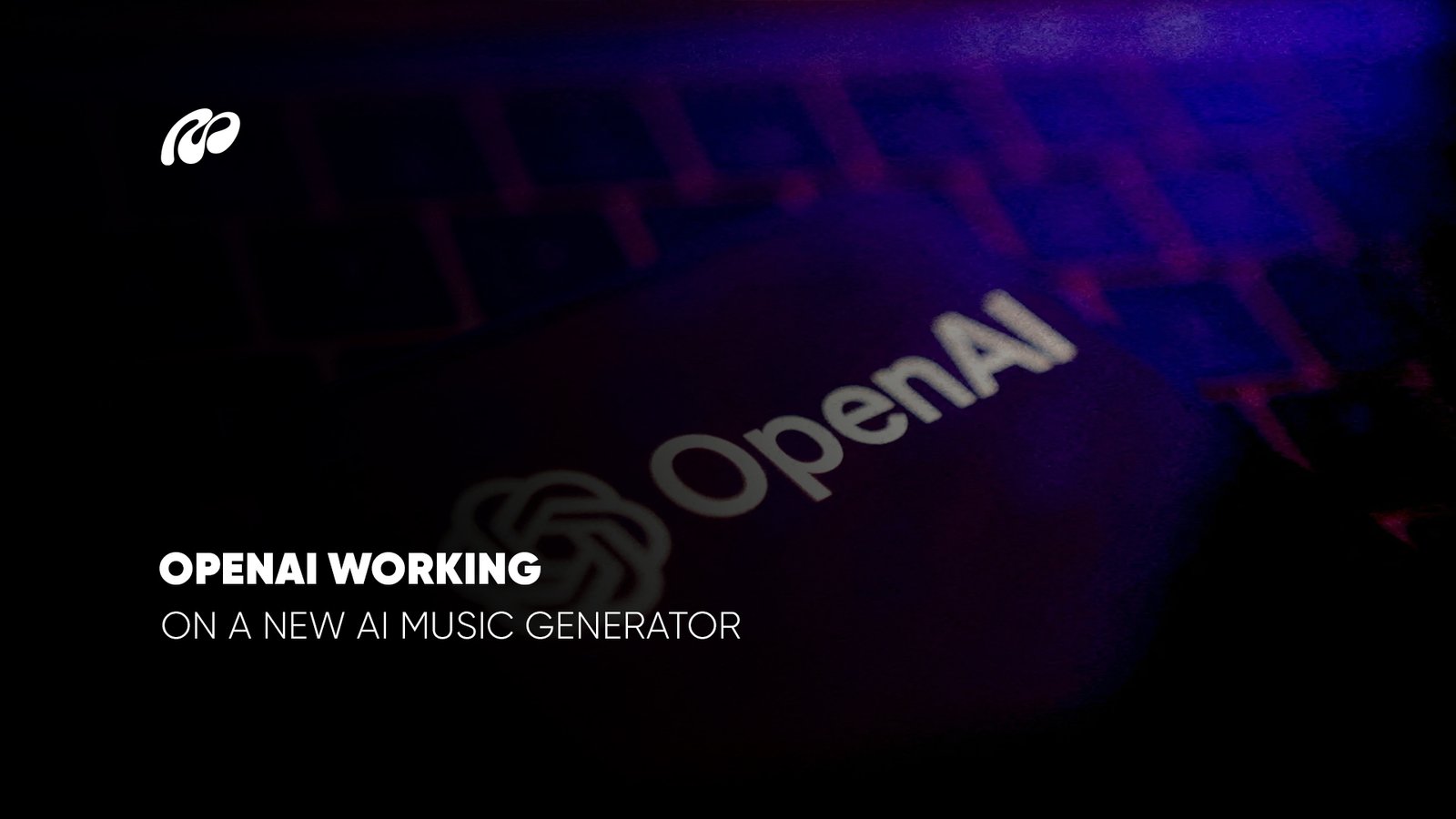Summary
- The upcoming AI music generator represents OpenAI’s next major leap beyond text and video, following its success with ChatGPT AI and the video app Sora, bringing sound and composition into its creative ecosystem.
- This innovation allows users to create full-length musical compositions using natural language, blending artificial intelligence with human imagination to redefine the boundaries of creativity.
- Echoing its established framework from ChatGPT safety measures, OpenAI ensures that AI-generated music aligns with originality, data integrity, and responsible authorship to prevent misuse or oversaturation.
- Rather than replacing musicians, the new AI tool is designed to assist them, offering inspiration, faster workflows, and seamless integration across OpenAI’s creative platforms, including ChatGPT and Sora.
- With its consistent innovation in AI and deep learning, OpenAI is shaping a future where technology serves as a creative partner, turning imagination into music while preserving the authenticity of human emotion.
OpenAI, the creator of ChatGPT AI and the groundbreaking video app Sora, is reportedly developing a new AI music generator capable of composing full tracks and melodies from simple text prompts. This tool could allow users to create professional-quality music by describing mood, genre, or emotion, much like they use ChatGPT to write or code.
The new project continues OpenAI’s expansion into multi-modal creativity. After reshaping text and video generation with ChatGPT and Sora, moving into music is a natural next step. The AI will likely combine pattern recognition, rhythm modeling, and emotional tone analysis to produce cohesive, human-like compositions across genres.
This principle was reinforced when OpenAI introduced new age restrictions for ChatGPT users under 18, a step that underscored its ongoing commitment to responsible AI access. The policy aims to balance creativity with safety, making sure AI technology remains a constructive force for learning and innovation without overexposure to younger audiences. That same attention to digital responsibility will likely extend to the music generator, setting guidelines for how sound models are used, shared, and monetized. In context, OpenAI introduces new age restrictions for ChatGPT users under 18, demonstrating how the company carefully aligns its technological expansion with ethical boundaries, ensuring that each release strengthens public trust in AI creativity.
The upcoming AI music generator could integrate with ChatGPT and Sora, forming a complete creative ecosystem where text, video, and sound work together. Filmmakers, marketers, and educators could use it to generate synchronized soundtracks or learning materials with ease.
By blending creativity with AI precision, OpenAI once again demonstrates its mission to enhance, not replace, human artistry, turning imagination into music through the power of intelligent design.
Is the world ready for more AI slop?
The question many are asking is whether the world is ready for another creative disruption brought by artificial intelligence. As OpenAI prepares to release its new AI music generator, the debate resurfaces: will this innovation elevate creativity or flood the internet with generic, machine-made tunes often referred to as “AI slop”?
Supporters argue that AI-generated music could revolutionize access to creativity. It enables anyone, regardless of skill level, to compose melodies, background scores, or even full tracks through simple prompts. With the power of ChatGPT AI already transforming writing and communication, it’s easy to imagine how this same intelligence could redefine music creation. Yet, the concern remains: can technology truly capture the emotional nuance that makes human-created music timeless?
OpenAI seems aware of these worries. Its past approach to innovation demonstrates a careful balance between expansion and responsibility. The company has consistently taken steps to ensure its technology is not only advanced but safe for global use. This same philosophy will likely guide the rollout of the new music generator, keeping creative freedom aligned with ethical oversight.
In fact, OpenAI’s commitment to user safety has been evident throughout its ecosystem. Earlier implementations introduced structured policies designed to ensure that generative tools operate within clear moral and creative boundaries. This foundation, outlined through OpenAI’s launch of ChatGPT safety measures, represents the same framework that will likely govern how the upcoming AI music generator interacts with artists, users, and online platforms. By embedding these safeguards early, OpenAI reinforces that innovation doesn’t have to come at the cost of authenticity.
Still, skepticism remains. Some fear that platforms may soon be overwhelmed with repetitive, emotionless AI tracks. Others believe AI could serve as a new instrument for human expression, one that helps creators experiment faster, collaborate smarter, and blend technology with artistic instinct. The truth likely lies somewhere in between.
As AI continues to redefine creative industries, OpenAI’s challenge is to ensure that its new technology enhances rather than replaces human artistry. The world may indeed be ready for more AI-generated music, but what it truly needs is balance, where technology supports inspiration without drowning out the human heart behind every note.
That sense of ethical consistency echoes across multiple OpenAI initiatives, from responsible content moderation to secure model deployment. As discussed in Mattrics News, OpenAI continues to refine how its technologies interact with creative and commercial environments, ensuring that new releases maintain quality, transparency, and artistic integrity. This mindset forms the foundation of how OpenAI manages innovation, prioritizing thoughtful evolution over unchecked automation.




